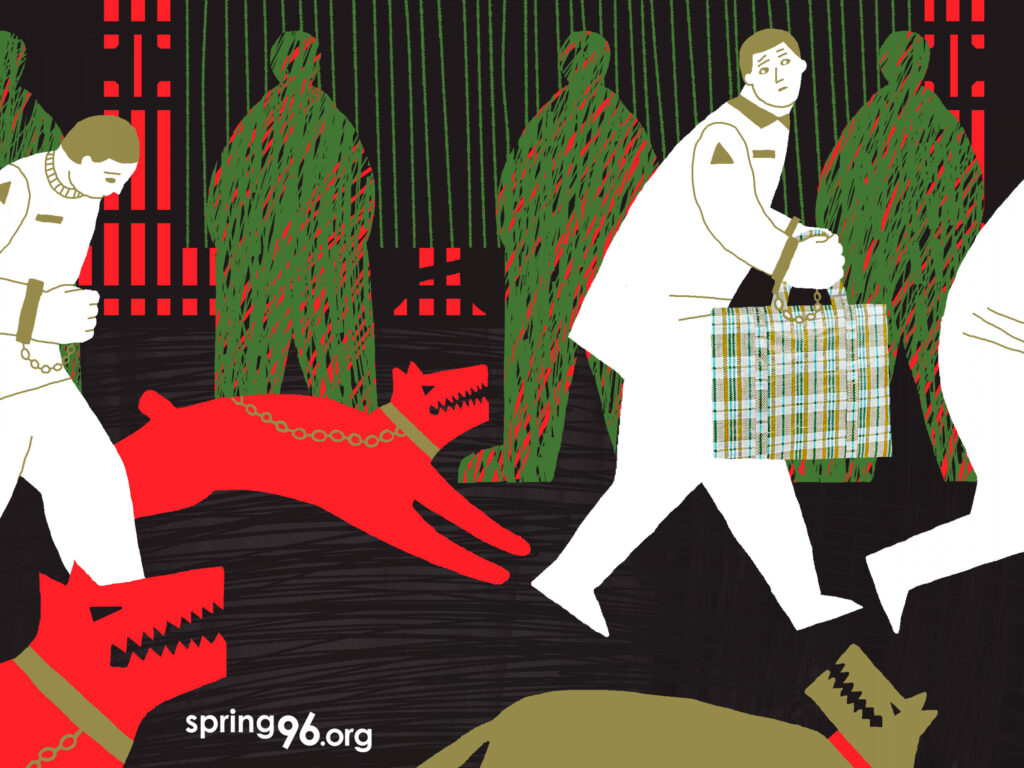What is known about the raid on those expressing support for political prisoners?

As reported earlier, throughout Belarus, on January 23, KGB officers conducted mass searches, interrogations and detentions among families of political prisoners, as well as former political prisoners who had recently been released and remained in the country. According to Nasha Niva, the raid affected a larger number of people than initially anticipated. Even those who simply wrote letters to political prisoners were reportedly rounded up. According to human rights defenders, a total of 229 people have been detained, along with 24 others identified as suspects or criminal defendants.
Prior to the detentions, there were reported attempts to hack Telegram accounts of relatives and supporters of political prisoners. This happened three days before news of the raid emerged. Those detained on January 23 claimed that on that very day, the legal investigators were already exhausted, mentioning among themselves that “they had not slept for four days by then”.
The number of detainees requiring “processing” was also mentioned, totaling 700 people. However, it remains unclear whether this number pertains to the entire Belarus or a specific region of the country. Volha Zazulinskaya, the head of the “A Country to Live in” Foundation, stated that, based on their information, 174 legal investigators have been assigned to the case.

It’s also been reported that the majority of people were released following relatively brief interrogations. Above all, the KGB officers were primarily focused on identifying the sources providing assistance to political prisoners and their families, along with determining who consistently aids prisoners within Belarus.
At least one of the detainees was accused of receiving money on a card and subsequently transferring it to families of political prisoners, as well as sending parcels to them. It is worth noting that the money came from friends and acquaintances rather than from organized funds, although this distinction did not impact the accusations. As far as current information suggests, this person is currently held in a pre-trial detention center.
The majority of those detained during the raid were elderly women who are not publicly known figures. They are not relatives of political prisoners or activists; rather, they simply provided assistance to political prisoners one way or another. For instance, Alena Totskaya, a 61-year-old resident of Homel who previously volunteered in the judicial system and attended political trials in the city, has been placed in a pre-trial detention center.
The oldest detainee on record is reported to be 82 years old.
One of the interlocutors mentioned that there was an elderly woman with him at the KGB, who had transferred five rubles (approximately $1.5) to someone a couple of times.
Additionally, some were simply detained for writing letters. It has been revealed that registered letters sent to pre-trial detention centers and colonies are monitored, with senders being documented. Parcels are currently undergoing processing similarly. In any case, this is the procedure applied to well-known political prisoners. The KGB received these personal details from pre-trial detention centers and colonies.

Another notable aspect was that many detainees did not have their passports returned to them. This is probably done to prevent people from leaving the country and to make them scared to talk to human rights defenders and media.